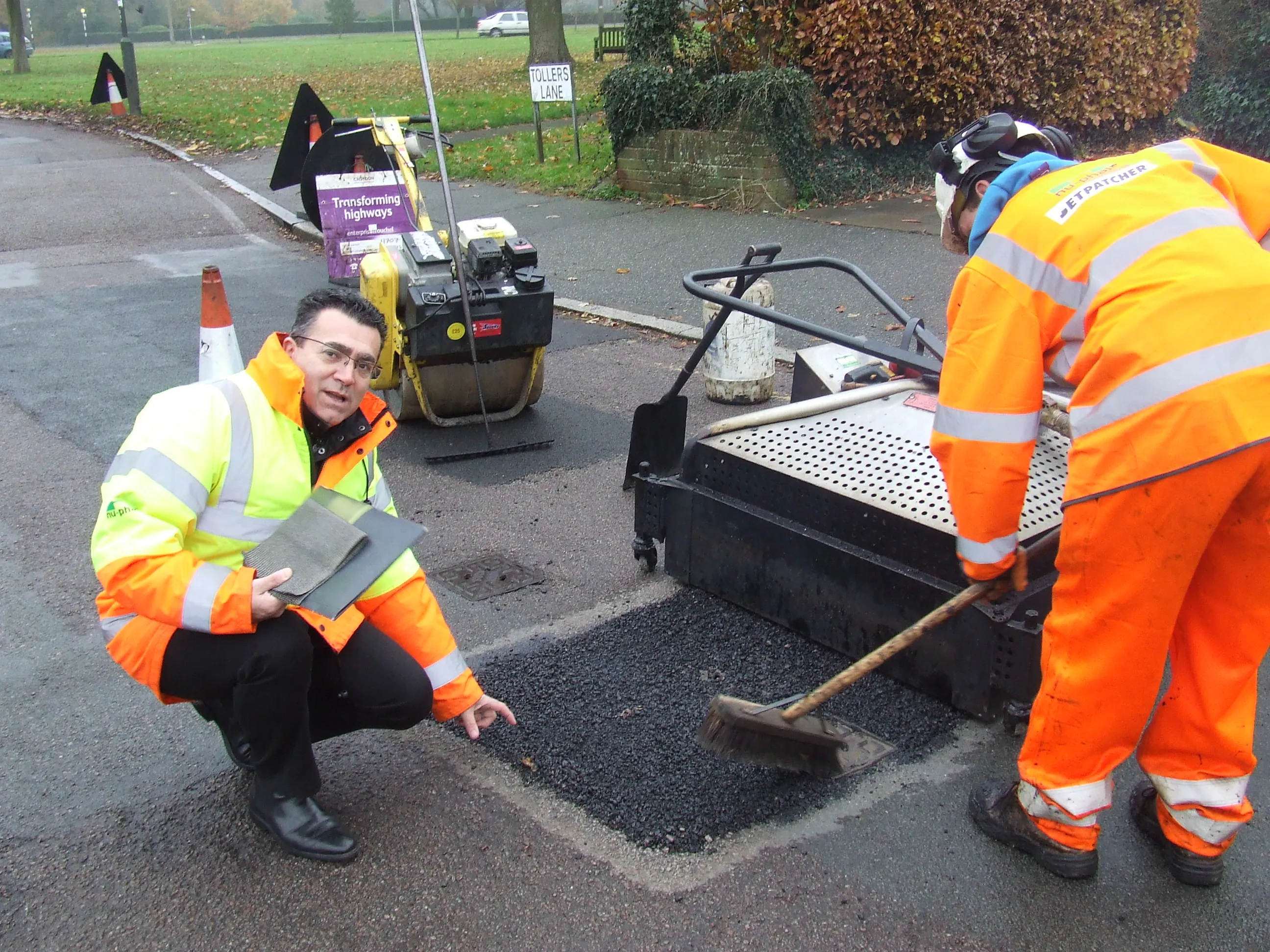A draft National ITS Industry Strategy developed through extensive industry and government stakeholder consultation has been released for public comment by ITS Australia. It encompasses road, rail, sea and air transport from 2012 to 2017. Its purpose is to improve the safety, economic and environmental performance of Australia's transport networks by capitalising on state of the art ITS technologies and integrating those technologies across the networks.
ITS Australia CEO Susan Harris said the strategy f
April 24, 2012
Read time: 2 mins
A draft National 3278 ITS Industry Strategy developed through extensive industry and government stakeholder consultation has been released for public comment by ITS Australia. It encompasses road, rail, sea and air transport from 2012 to 2017. Its purpose is to improve the safety, economic and environmental performance of Australia's transport networks by capitalising on state of the art ITS technologies and integrating those technologies across the networks.
ITS Australia CEO Susan Harris said the strategy focuses on the imperative to develop and deliver priority ITS solutions across transport modes. "This National ITS Industry Strategy recognises the needs and aspirations of transport users and operators, industry suppliers, government policy makers and regulators, academia, and the wider community," said Harris.
"It has been developed with full awareness of the Austroads Cooperative ITS Strategic Plan, which focuses on cooperative ITS initiatives for road users, such as vehicle to vehicle and vehicle to infrastructure communication.
"The National ITS Industry Strategy also reflects the ambitions outlined in the Policy Framework for Intelligent Transport Systems in Australia endorsed by all Australian Transport Ministers at the Standing Council on Transport and Infrastructure (SCOTI) meeting in November 2011," she said.
In addition, the National ITS Industry Strategy is aligned with the three core pillars of transport inherent in the national transport reform program auspiced by the Australian Transport Council and the National Transport Commission:
• Safety - Zero harm to users of the transport network.
• Mobility - Zero avoidable congestion.
• Environment - Significant reduction in transport greenhouse gas emissions (50-70% on 2010 base).
The National ITS Industry Strategy identifies five key components for action:
• Architecture, standards and tools - leverage international best practice (see Figure 1).
• Plan for coordinated development - identify priority action areas.
• Projects to develop solutions - technology testing and policy formulation.
• Collaboration across ITS stakeholders - identify and engage centres of excellence.
• Policy initiatives to clarify ITS strategy - educate users to promote best practice.
Harris said that with its small population distributed across a huge continent, Australia needs a comprehensive and collaborative plan for the development and deployment of ITS technologies.
To view the strategy document, visit www.its-australia.com.au
ITS Australia CEO Susan Harris said the strategy focuses on the imperative to develop and deliver priority ITS solutions across transport modes. "This National ITS Industry Strategy recognises the needs and aspirations of transport users and operators, industry suppliers, government policy makers and regulators, academia, and the wider community," said Harris.
"It has been developed with full awareness of the Austroads Cooperative ITS Strategic Plan, which focuses on cooperative ITS initiatives for road users, such as vehicle to vehicle and vehicle to infrastructure communication.
"The National ITS Industry Strategy also reflects the ambitions outlined in the Policy Framework for Intelligent Transport Systems in Australia endorsed by all Australian Transport Ministers at the Standing Council on Transport and Infrastructure (SCOTI) meeting in November 2011," she said.
In addition, the National ITS Industry Strategy is aligned with the three core pillars of transport inherent in the national transport reform program auspiced by the Australian Transport Council and the National Transport Commission:
• Safety - Zero harm to users of the transport network.
• Mobility - Zero avoidable congestion.
• Environment - Significant reduction in transport greenhouse gas emissions (50-70% on 2010 base).
The National ITS Industry Strategy identifies five key components for action:
• Architecture, standards and tools - leverage international best practice (see Figure 1).
• Plan for coordinated development - identify priority action areas.
• Projects to develop solutions - technology testing and policy formulation.
• Collaboration across ITS stakeholders - identify and engage centres of excellence.
• Policy initiatives to clarify ITS strategy - educate users to promote best practice.
Harris said that with its small population distributed across a huge continent, Australia needs a comprehensive and collaborative plan for the development and deployment of ITS technologies.
To view the strategy document, visit www.its-australia.com.au









